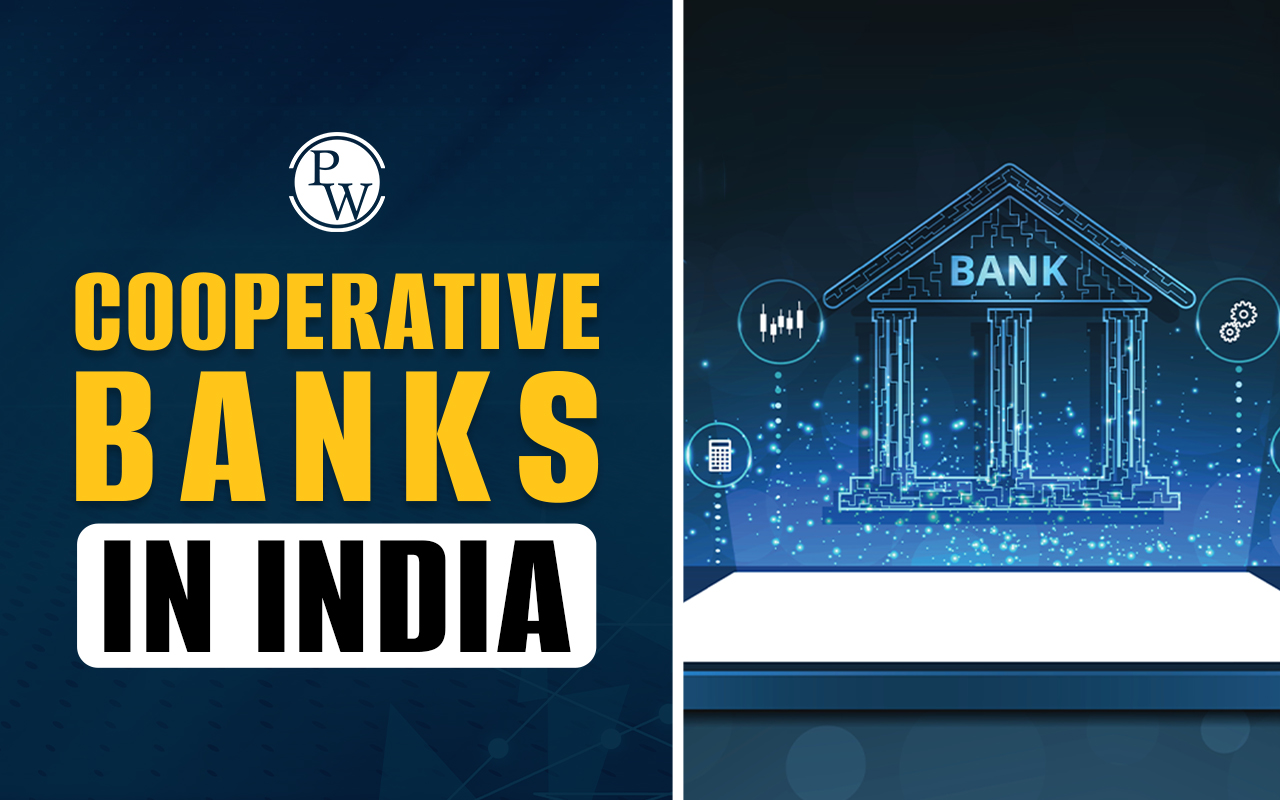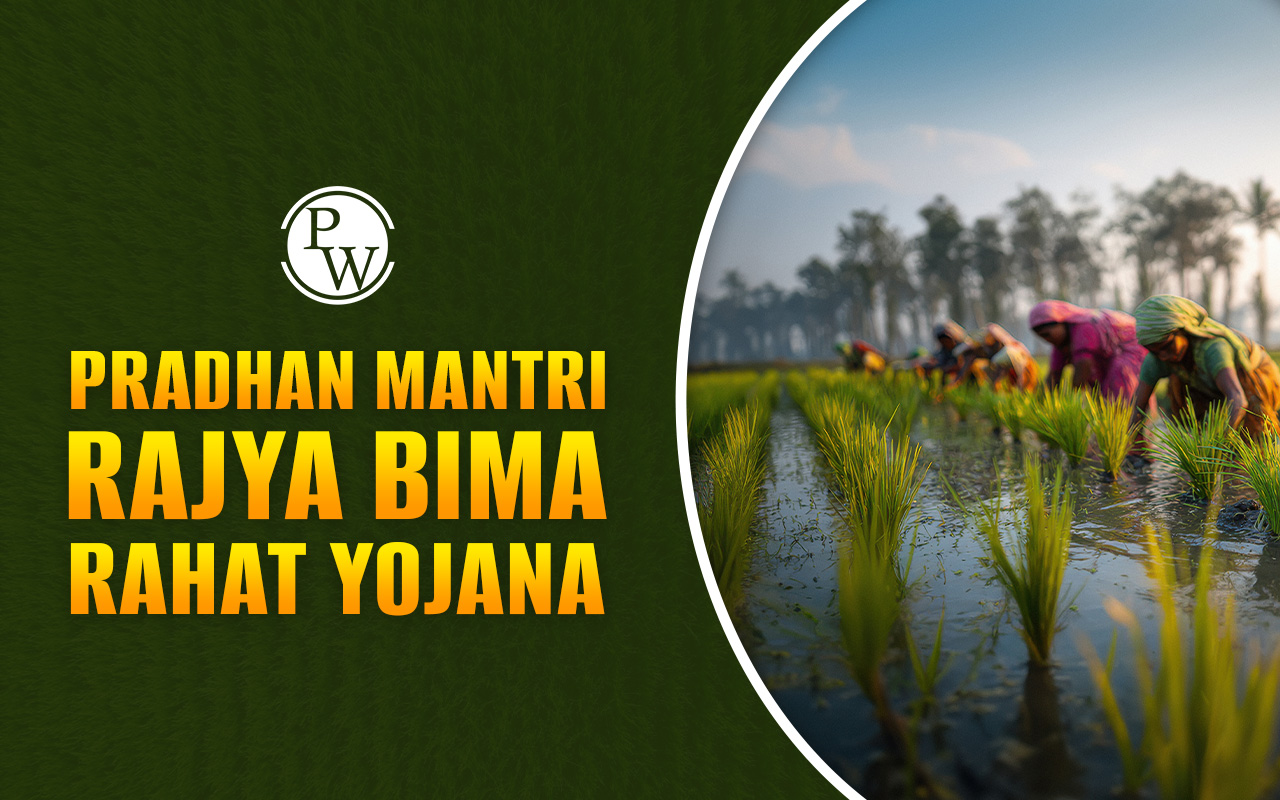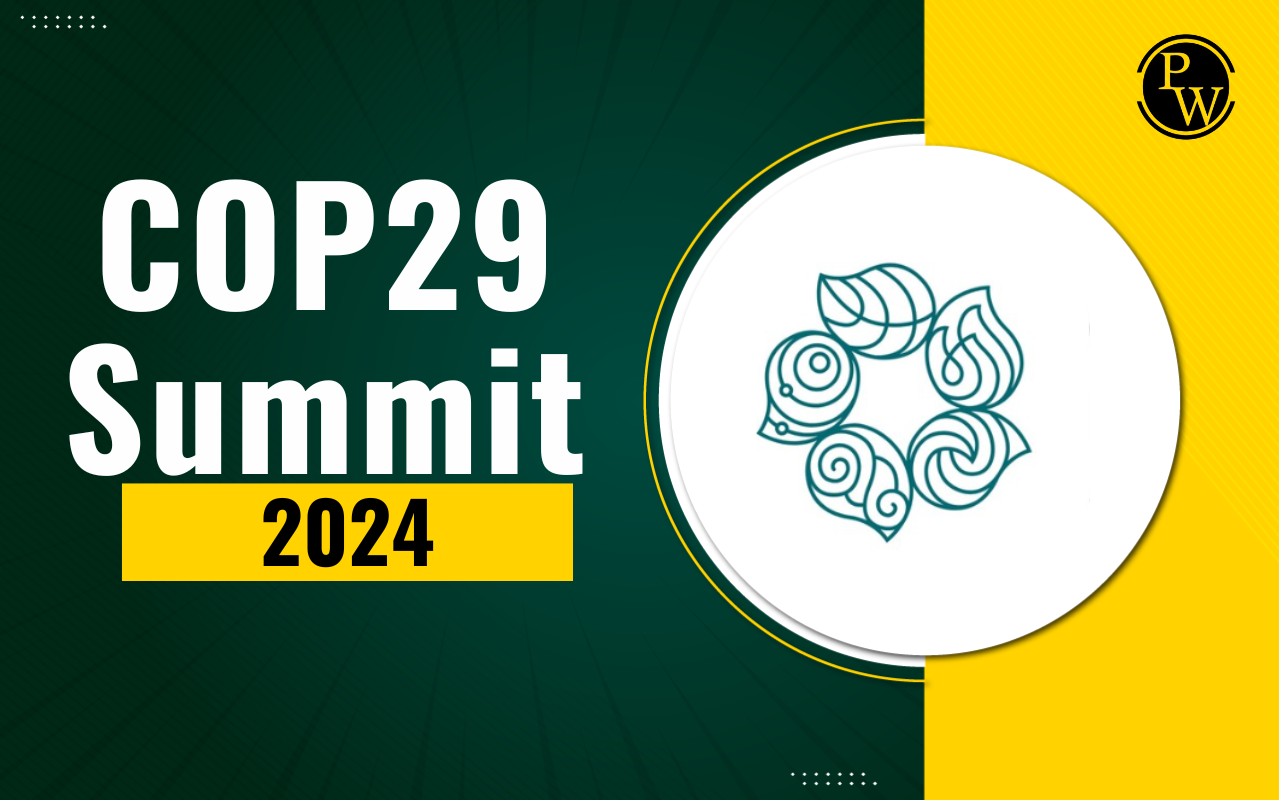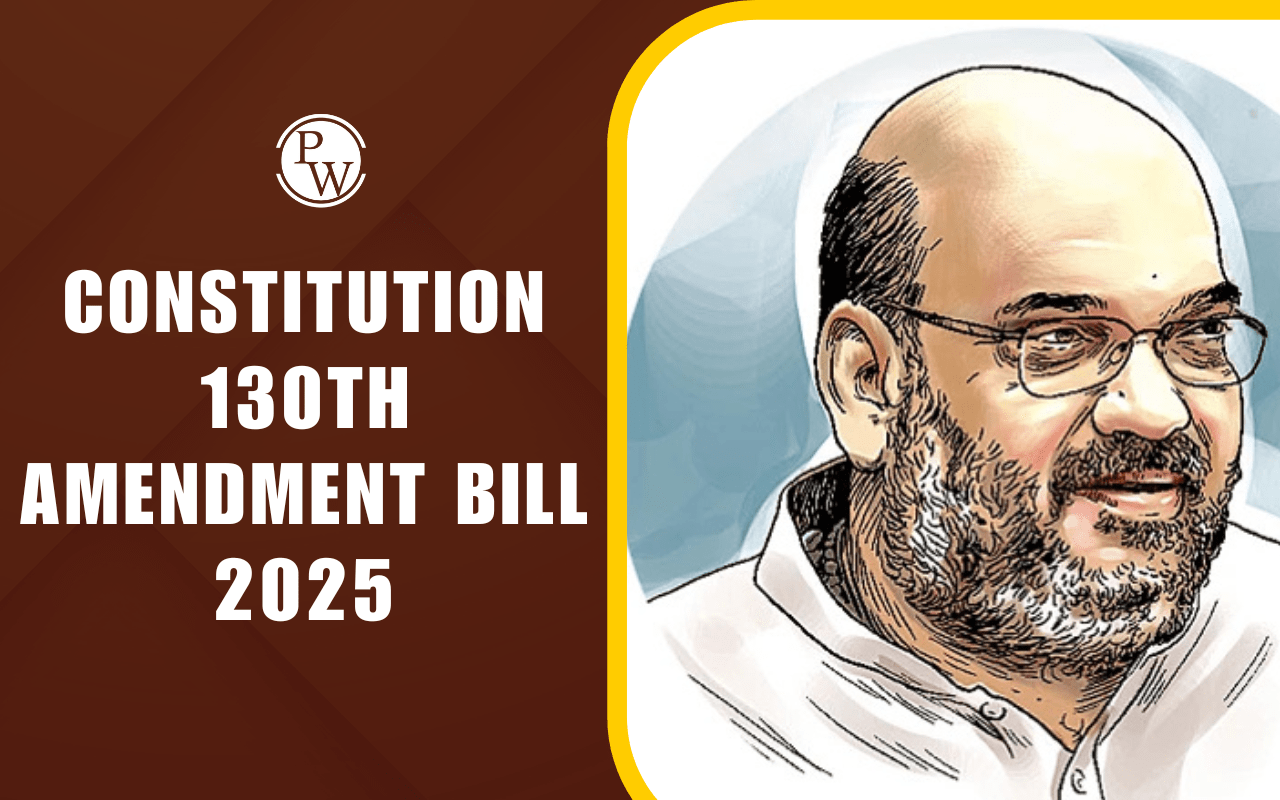
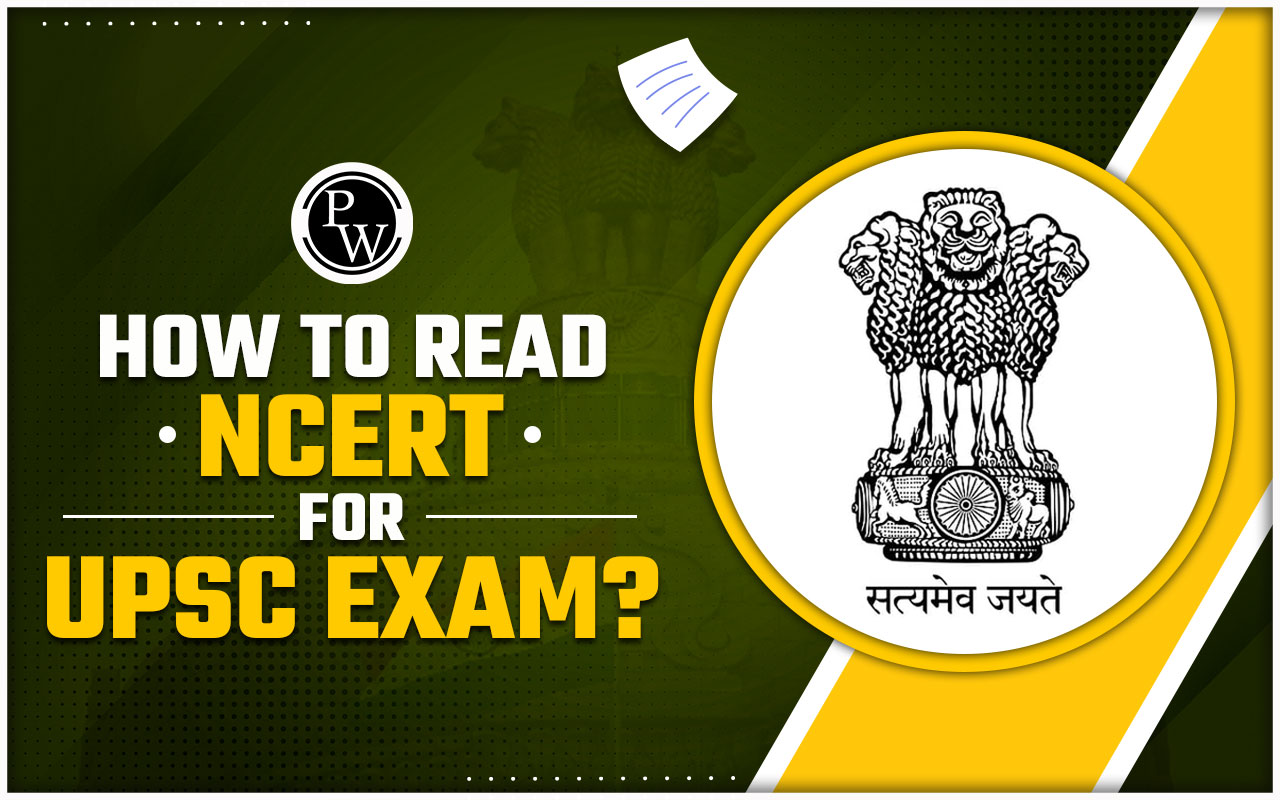
How to Read NCERT for UPSC? If you are finding this questions answer then your are right place. NCERT plays a important role in the prepartion journey for Prelims and Mains but not everyone understands how to read them as per the demand of the exam. This is why the answer to ‘How to Read NCERT for UPSC?’ is discussed here in detail along with the subject-wise strategy. Read on to learn how to interpret the information provided in the NCERTs, connect the concepts, and develop critical thinking to make the most of these books for success in the UPSC CSE.
How to Read NCERT for UPSC?
The NCERTs are an essential part of the preparation and toppers usually recommend to start preparing for the UPSC exam with these books. Generally, NCERT from classes 6th to 12th are suggested by experts. Of these, geography, economics, political science, history, and science NCERTs are a must for UPSC Prelims as well as Mains. Let’s discuss tips for beginners by experts on how to read NCERT for UPSC:- Select the Relevant NCERTs: The first step is to pick useful NCERT textbooks since not all of them are relevant for the UPSC exam purpose. Go through the syllabus and PYQs or simply consult PW experts to make the list of NCERTs for History, Geography, Polity, Economy, Science, and Environment subjects.
- Start from Lower Grades: Start your preparation with the NCERT books for 6th grade and gradually move up to 12th grade. This helps in building a strong foundation for all concepts. Follow a sequential order in each subject, to begin with the basics and advance to a higher level. Also, pay close attention to maps and illustrations
- Active Reading By Focusing Clarity: While reading, underline important points, highlight key concepts, and make short notes. This keeps you engaged and helps with better retention of information. Pay close attention to the clarity of explanations, as NCERT books are known for their straightforward presentation.
- Chanhudaro
- Kot Diji
- Sohgaura
- Desalpur
Timetable to Complete NCERT for UPSC
Also Read: UPSC CSE Preparation Strategy Starting from Zero Level
How to Read NCERT for UPSC Exam for Different Subjects?
Candidates can take a subject-wise approach in order to read NCERT books for UPSC. This will help in correlating topics for better understanding and integrating prelims and mains preparation. The subject-wise strategy to read NCERT for UPSC is discussed below:History NCERT For UPSC
The approach while reading History NCERT For UPSC must be to understand major events and concepts thoroughly.- Begin with Class 6 NCERT History to grasp basic concepts and focus on ancient and medieval history themes.
- As you move through higher classes NCERTs, make chronological notes of events to aid memorization.
- Refer to 11th and 12th-standard History NCERT books for in-depth knowledge and advanced answer-writing practice for the Mains exam.
- Focus more on Modern History NCERT books due to their significant weightage in the exam.
- Use new NCERTs for subjective, descriptive answers (Mains) and old NCERTs for objective, comprehensive understanding (Prelims and Mains).
Geography NCERT for UPSC
The Geography NCERTs are considered one of the most important sources for this subject in the UPSC exam. Many times, map and concept-based questions have been directly asked from Class 11 and 12th books.- Start with lower classes to understand concepts thoroughly from basics.
- Make concise notes on topics such as climatology, oceanography, types of vegetation, and soil types from Geography NCERT chapters.
- Utilize the geographical maps and sketches provided in these NCERTs.
- Memorize complex concepts effectively with the help of YouTube videos or lectures by visualizing them.
- Practice writing answers by explaining the concepts in your own words such as the cause of the Earthquake.
Polity NCERT for UPSC
While aspirants usually rely on Laxmikanth for Polity, some of the NCERT on civics should not be ignored, such as class XI’s ‘Indian Constitution at Work’.- Ignore basic NCERTs of lower grades like 6th grade, and refer to civics books from 9th grade onwards.
- Have foundational knowledge of Political Science and pay attention to terms used in these textbooks
- Make diagrams and flowcharts to connect keywords from the syllabus to topics.
- Make concise notes on topics related to the Parliament and the Constitution, focusing on the terms and articles mentioned in the chapters.
- Regularly answer both subjective and objective questions that have been asked in the previous year in the Polity section.
Economy NCERT for UPSC
The NCERT books of Economics are essential to have a foundation in this subject. Before moving to standard books, go through the class 9th to 12th Economy NCERT for UPSC.- Start with NCERT Class XI books for a fundamental understanding of the development of the Indian Economy.
- Prefer Class XII NCERT books for detailed conceptual knowledge and Macroeconomics.
- Learn the definitions of important concepts, such as GDP, from these books.
- Have a relevant understanding of microeconomics through the Class XIIth book. You can avoid too many technical terms and formulas.
- Highlight frequently asked topics like National Income and focus on them while solving PYQs
How Many Times to Read NCERT for UPSC Exam?
There is no limit to the number of times you can read NCERT for the UPSC exam. The ultimate goal is to understand the underlying concepts from each chapter for the exam. Hence for optimal preparation, read NCERT books at least thrice for the UPSC exam. The first read-through builds a foundation, the second reinforces key concepts, and the third strengthens retention. To enhance your efficiency and ensure holistic coverage of these books, the Physics Wallah offers a comprehensive guide in 'NCERT Summary Books '. This set of 16 books filters out the essential information, saving you time and aiding in quick revisions. Further, chapter wise previous year's questions are provided for focused preparation, giving you an edge in the UPSC exam.| UPSC Related Articles | ||
| UPSC Prelims Questions | Is Maths Compulsory for UPSC CSE Exam? | UPSC Mains Test Series |
| UPSC Study Material | UPSC CSAT Maths Syllabus 2025 | UPSC Result 2024 |
How to Read NCERT for UPSC? FAQs
What is the best way to read NCERT for UPSC?
Start with NCERTs from 6th class, focusing on essential subjects like history, geography, polity, and economy. Highlight key points and practice questions after reading each topic.
How many hours to study NCERT for UPSC?
Dedicate 3-4 hours daily to NCERT books, ensuring consistent progress and thorough understanding of the topics.
Which NCERT to start first for UPSC?
Start with the 6th grade NCERT or pick a subject of interest, such as Polity for UPSC.
How to complete NCERT fast for UPSC CSE?
Read subject-wise NCERTs and solve PYQs or simply utilize NCERT Summary Books by Physics Wallah for efficient revision and quick coverage of essential topics.
Should I memorize NCERT for UPSC?
No. While definitions and key dates may require memorization, candidates must focus on having a clear understanding of the basic concepts.
Talk to a counsellorHave doubts? Our support team will be happy to assist you!

Check out these Related Articles
Free Learning Resources
PW Books
Notes (Class 10-12)
PW Study Materials
Notes (Class 6-9)
Ncert Solutions
Govt Exams
Class 6th to 12th Online Courses
Govt Job Exams Courses
UPSC Coaching
Defence Exam Coaching
Gate Exam Coaching
Other Exams
Know about Physics Wallah
Physics Wallah is an Indian edtech platform that provides accessible & comprehensive learning experiences to students from Class 6th to postgraduate level. We also provide extensive NCERT solutions, sample paper, NEET, JEE Mains, BITSAT previous year papers & more such resources to students. Physics Wallah also caters to over 3.5 million registered students and over 78 lakh+ Youtube subscribers with 4.8 rating on its app.
We Stand Out because
We provide students with intensive courses with India’s qualified & experienced faculties & mentors. PW strives to make the learning experience comprehensive and accessible for students of all sections of society. We believe in empowering every single student who couldn't dream of a good career in engineering and medical field earlier.
Our Key Focus Areas
Physics Wallah's main focus is to make the learning experience as economical as possible for all students. With our affordable courses like Lakshya, Udaan and Arjuna and many others, we have been able to provide a platform for lakhs of aspirants. From providing Chemistry, Maths, Physics formula to giving e-books of eminent authors like RD Sharma, RS Aggarwal and Lakhmir Singh, PW focuses on every single student's need for preparation.
What Makes Us Different
Physics Wallah strives to develop a comprehensive pedagogical structure for students, where they get a state-of-the-art learning experience with study material and resources. Apart from catering students preparing for JEE Mains and NEET, PW also provides study material for each state board like Uttar Pradesh, Bihar, and others
Copyright © 2025 Physicswallah Limited All rights reserved.
Get App

